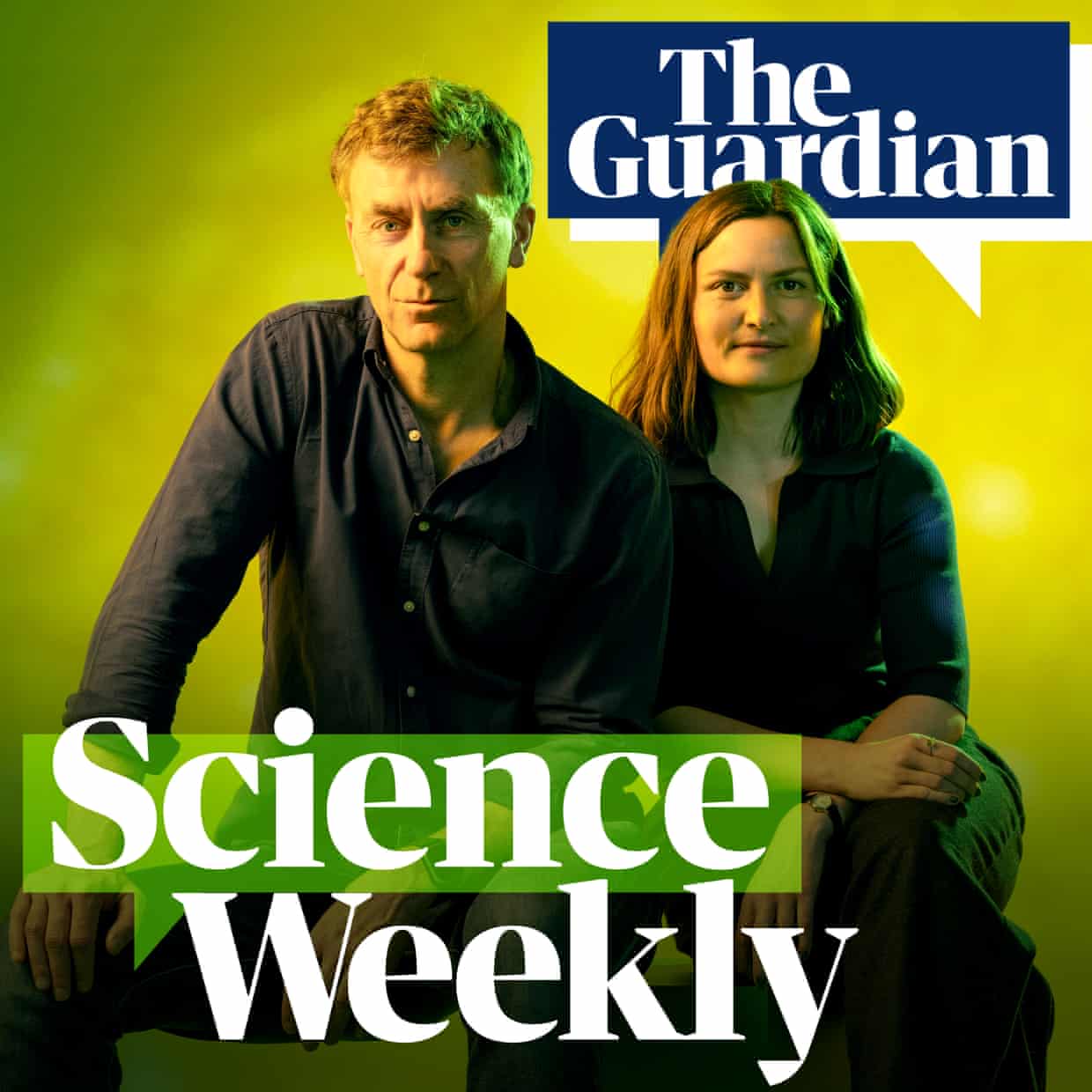Science
Scientists Uncover Genetic Links to ME/Chronic Fatigue Syndrome

Recent research has revealed significant genetic links to myalgic encephalomyelitis (ME) and chronic fatigue syndrome (CFS), offering hope for better understanding of these debilitating conditions. A team of scientists from the University of California, Los Angeles (UCLA) conducted a genome-wide association study (GWAS) that identified specific genetic variations associated with ME/CFS. This breakthrough could pave the way for more effective treatments and diagnostic tools for millions affected globally.
The study, which included a large sample size of over 13,000 participants, examined genetic data to pinpoint variations that may contribute to the onset of ME and CFS. According to the research published in early 2023, these findings highlight the potential for a biological basis behind these conditions, which have long been misunderstood and often dismissed.
Implications for Treatment and Diagnosis
The implications of this research are significant. Currently, ME and CFS are challenging to diagnose, often relying on self-reported symptoms rather than objective tests. Dr. Mady Hornig, a prominent researcher in this field at Columbia University, emphasized that understanding the genetic underpinnings of these syndromes could lead to the development of biomarkers that facilitate earlier diagnosis and treatment.
This development is particularly essential given that an estimated **17 million** people worldwide suffer from ME/CFS, according to the National Institutes of Health (NIH). Many patients experience severe fatigue, sleep disturbances, and cognitive impairments, severely impacting their quality of life.
In the UK, the National Health Service (NHS) has started to recognize ME/CFS as a serious health issue, but many clinicians still lack the resources to provide effective care. The new genetic insights could encourage healthcare providers to take these conditions more seriously and explore innovative treatment options.
A New Era of Research
The findings have sparked renewed interest and funding in research on ME/CFS. The NIH announced an increase in grant funding aimed at understanding the biological mechanisms behind these syndromes. This is a critical step, as increased financial backing can accelerate research and potentially lead to breakthroughs in treatment.
The study’s authors noted that while genetics plays a crucial role, environmental factors and infections may also contribute to the onset of ME/CFS. This multifaceted approach to understanding the disorder underscores the complexity of the condition and the necessity for continued research.
As the scientific community delves deeper into the genetic links identified, patient advocates hope that this research will stimulate more comprehensive studies and lead to advancements in public health policy. The journey toward understanding ME and CFS is ongoing, yet these findings mark a promising step forward in a field that has long been stagnant.
In conclusion, the research conducted at UCLA represents a significant advance in the quest to unravel the mysteries of ME and CFS. With the backing of organizations like the NIH and growing recognition of the condition’s impact, there is optimism that the future holds better diagnostic tools and treatment options for those affected by these challenging syndromes.
-

 Lifestyle3 months ago
Lifestyle3 months agoLibraries Challenge Rising E-Book Costs Amid Growing Demand
-

 Sports3 months ago
Sports3 months agoTyreek Hill Responds to Tua Tagovailoa’s Comments on Team Dynamics
-

 Sports3 months ago
Sports3 months agoLiverpool Secures Agreement to Sign Young Striker Will Wright
-

 Lifestyle3 months ago
Lifestyle3 months agoSave Your Split Tomatoes: Expert Tips for Gardeners
-

 Lifestyle3 months ago
Lifestyle3 months agoPrincess Beatrice’s Daughter Athena Joins Siblings at London Parade
-

 World3 months ago
World3 months agoWinter Storms Lash New South Wales with Snow, Flood Risks
-

 Science4 months ago
Science4 months agoTrump Administration Moves to Repeal Key Climate Regulation
-

 Science2 months ago
Science2 months agoSan Francisco Hosts Unique Contest to Identify “Performative Males”
-

 Business3 months ago
Business3 months agoSoFi Technologies Shares Slip 2% Following Insider Stock Sale
-

 Science4 months ago
Science4 months agoNew Tool Reveals Link Between Horse Coat Condition and Parasites
-

 Sports3 months ago
Sports3 months agoElon Musk Sculpture Travels From Utah to Yosemite National Park
-

 Science4 months ago
Science4 months agoNew Study Confirms Humans Transported Stonehenge Bluestones









